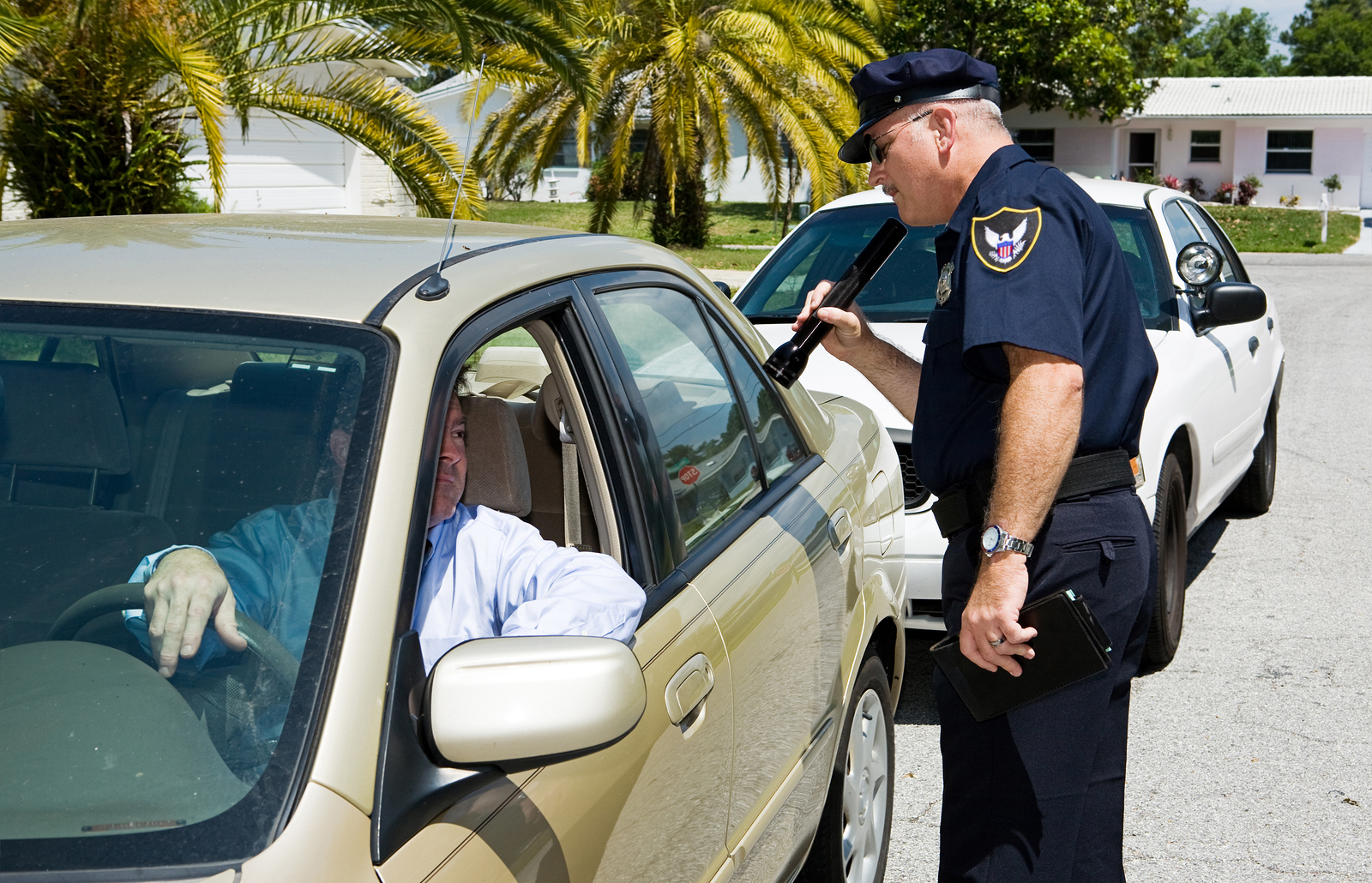“The single biggest problem with communication is the illusion that it has taken place.”
George Bernard Shaw
Comments such as ‘I didn’t like his/her attitude’ or ‘I didn’t like how he/she spoke to me’ are constantly received by communication officers or supervisors. Knowing how to be an Effective Communicator can be an officer’s key to survival; it can also mean the difference between keeping and losing their job. Understanding core Effective Communication skills can be the best way to insure a situation doesn’t turn ‘ugly.’ How police officers interact verbally, vocally, and non-verbally can and will impact job performance, constituent satisfaction, and their ability to build trust, rapport and relationships.
Most officers realize the importance of keeping current and continuing to refresh their tactical skills. Yet, they are not always as aware of the importance of honing their communication skills. Officers must understand being an Effective Communicator isn’t an innate; it is learned and takes practice. A successful officer is should always be perfecting both skills.
Communication is more than just an exchange of information. It’s about learning a skill set that includes verbal, vocal and non-verbal communication, written communication, along with active and reflective listening. Only 7% of a message is the words you say; the other 93% can be the difference between effective and ineffective communication. Often times what isn’t said is more powerful and has a greater impact than what is said. One reason is only a small part of life happens to you; most of life is directly linked to how you react it; how you communicate.
